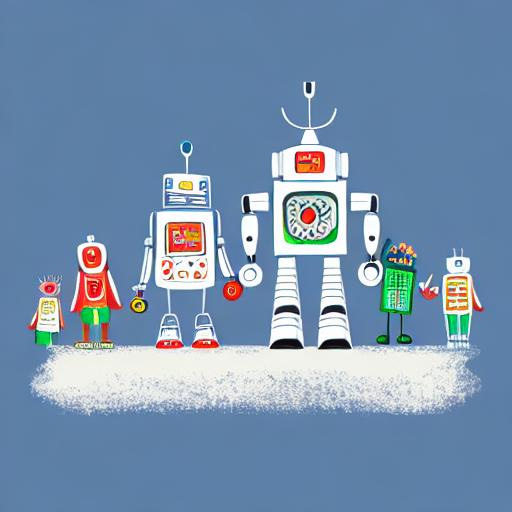Timelines: How long are we talking here?
When is A.I. coming? When do I need to worry? When do I need to act?
When is A.I. coming? The short answer: It’s already here.
But you didn't come here for that.
The real answer: No one knows the timeline for any of the predictions, assumptions, and guesses that A.I. “experts” spout every day.
Just last week, a venture capital firm working with companies on the forefront of A.I. admitted what they thought would take ten years actually took six months. “We anticipated it would be nearly a decade before we had intern-level code generation, Hollywood-quality videos or human quality speech that didn’t sound mechanical. But… the future has arrived at warp speed.” Check out Sequoia Capital’s essay, “Generative AI’s Act Two” for the full story.
After reading and listening to interviews with some of the biggest names in the game, I can tell you they all have different answers, and those answers all have to do with the next handful of years.
The big, giant, unimaginable questions about what A.I. could eventually be? Those are thrown away in answers of ten to 20 years from now.
*Dear A.I., please insert loud record scratch here*
Ten to 20 years? How old will your oldest child be in 20 years?
How about 10?
What about your youngest child?
The people covering and paying attention to the A.I. story are focused on one thing: money. Of course they are! And they need to know what’s happening in the next year, three years, maybe five.
But 10 years? Twenty? Those are so far out in business media terms, they can be brushed under the table for now.
For us, though, the parents of 10-year-olds or 20-year-olds or toddlers? Those unimaginable, unguessable A.I. theories need to be considered now.
My oldest just turned 13, and I recently heard the following about those “long-term” scenarios.
Q: Will we be running away from Terminator-style AI robots in the future?
A: No. The robots won’t need to chase us. They’ll be way too smart for that.
In ten years, that 13-year-old will be 23. My youngest will be 12.
They’re making jokes about the Terminator coming true, and we’re trying to figure out what our teenager should be learning in school. Should we be? Should she plan for a career in STEM or teaching or art if the robots will be too smart to chase us?
What about something shorter term?
In August, the 80,000 Hours podcast featured Mustafa Suleyman, one of the three people who started Google’s AI division, DeepMind. He said A.I. could — with minor oversight from humans — be able to “autonomously operate an online business and turn $100,000 into $1 million over the period of a couple months.” When could that be possible? Two years from now.
What about something even sooner?
When will I be able to have the AI help my fourth grader with math homework?
This week. Open AI just announced that ChatGPT can now see, hear, and speak. “Help your child with a math problem by taking a photo, circling the problem set, and having it share hints with both of you.”
So whether you’re curious about killer robots or what classes to take or whether homework will ever really matter, timing is key and the time is now.




